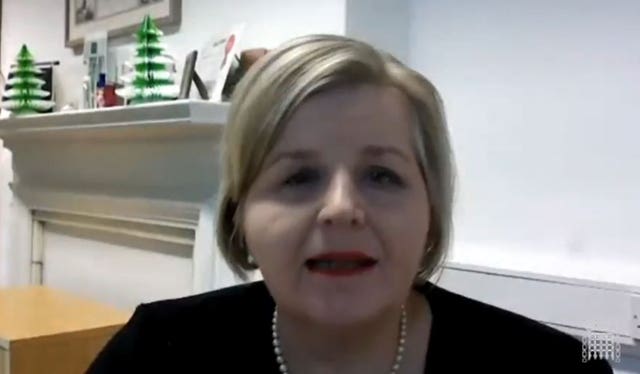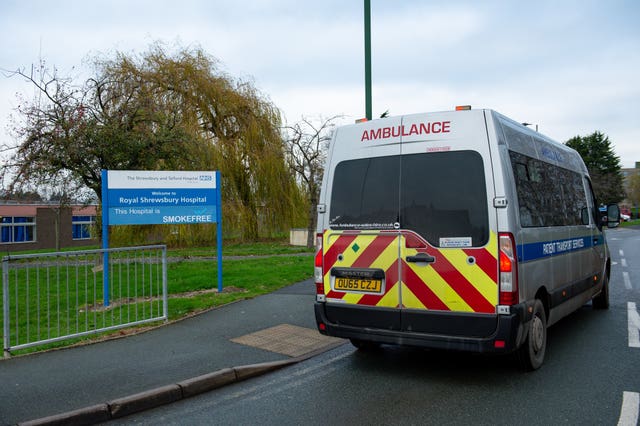The Ockenden inquiry is the largest into a single NHS service.
30 March 2022
Some 201 babies and nine mothers could have – or would have – survived if an NHS trust had provided better care, an independent inquiry into the UK’s biggest maternity scandal has found.
Shrewsbury and Telford Hospital NHS Trust presided over catastrophic failings for 20 years – and did not learn from its own inadequate investigations – which led to babies being stillborn, dying shortly after birth or being left severely brain damaged.
Several mothers died after failings in care, while others were made to have natural births despite the fact they should have been offered a Caesarean.
Some babies suffered skull fractures, broken bones or developed cerebral palsy after traumatic forceps deliveries, while others were starved of oxygen and experienced life-changing brain injuries.
The damning report, led by maternity expert Donna Ockenden, examined cases involving 1,486 families, mostly covering 2000 to 2019, and reviewed 1,592 clinical incidents.


The report found there were “repeated errors in care which led to injury to either mothers or their babies”.
A review of 498 stillbirths found that one in four had “significant or major concerns” over the maternity care given, which, if managed appropriately, might, or would have, resulted in a different outcome.
There were also significant or major concerns in the care given to mothers in two thirds of cases where the baby had been deprived of oxygen during birth.


Furthermore, nearly a third of neonatal deaths (within the first seven days of life) had “significant or major concerns” over care which might have resulted in a different outcome.
The report said staff were “overly confident” in their ability to manage complex pregnancies or where abnormalities were noted in pregnancy, and there was a reluctance to involve more senior staff.
There was also a culture of “them and us” between midwives and obstetricians which meant some midwives were scared to involve consultants.



